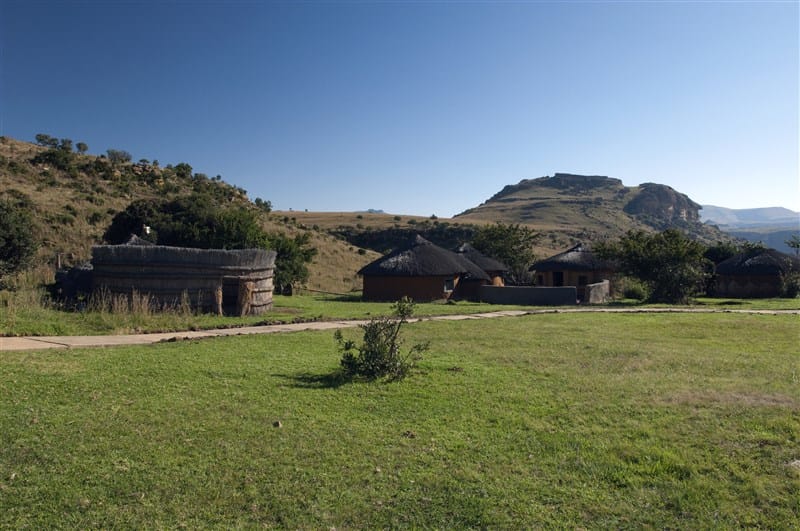A home whatever it is, is not simple or just a house, there is difference between a house and the concept of a home. A home it is a house of course but with its total environment surrounding. The hedges, the trees, cattle bower, grain nest, the yard, the shrines, and the activities that go on in all of those spaces. The other aspect of a home, is the way leading in and out of the homestead.
The way that starts from the homestead is what eventually links that homestead to others, to the village, to the region, to the country and the world. In other words, a house that does not have a way that links it to homes and other centers, would no longer be a home, it will actually be a prison.
One of the most serious a thing that can happen to a homestead is when the way in and out is controlled by another. If we think of colonialism a whole process of economic, political, cultural, technological alienation of the colonized by the colonizer, we can argue that more serious was the alienation of from the cultural environment. The cultural environment is what carries the people’s way into the world; and the way is what tells people who they are. And the way also is what leads people into their collective homestead. To alienated a people from their way, is to deprive the people of the power to connect with the world and their base.
The way is carried by language, but let me talk about the base a little bit, because the base is also important.
The way we look at our base, the position I stand in relation with to everything else is very important. It is my base, so even now as we are here in this particular hall (A lecture seating with speaker in front and audience seating on the floor), where we sit in relation to this environment make us see different things about this environment. Standing before you, I can see your faces but I cannot see my face. I can see what is in front of me, the same way you can see what is in front of you. So, where you stand gives a perspective from which you look at this lecture hall. Another thing about the base, it is like … if you don’t know your base then you are not in the position to know to where go.
For instance, in this hall, you don’t realize that you are sitting facing the speaker and the door is behind you, if you don’t know where it is then you will stand up and start walking towards the curtain. Or another example that I might give is … If was coming to a place and I am lost; and if I call some and tell them I lost my way to the place. He will aske me …. Tell me where you are. And I tell him, I don’t know where I am, then he will tell just look around you and describe anything around you. And I tell him, I am not able to describe anything around me, but perhaps I can describe the buildings where you are.
If I don’t know where I am in relation to my coming to this lecture today, there is nothing that the host can do to help me to find my way to this place. Because you wouldn’t have known where to start in locating me. So, the base is very important.
The alienation from both the base and way is very damaging excise in the colonial process. But what is important, is that this way is carried in our case by language and where our language is located in the entire economic, political, cultural, and psychological matrix of any society. Language is really the carrier of that cultural environment. And the cultural environment is carrying the values help by a people




